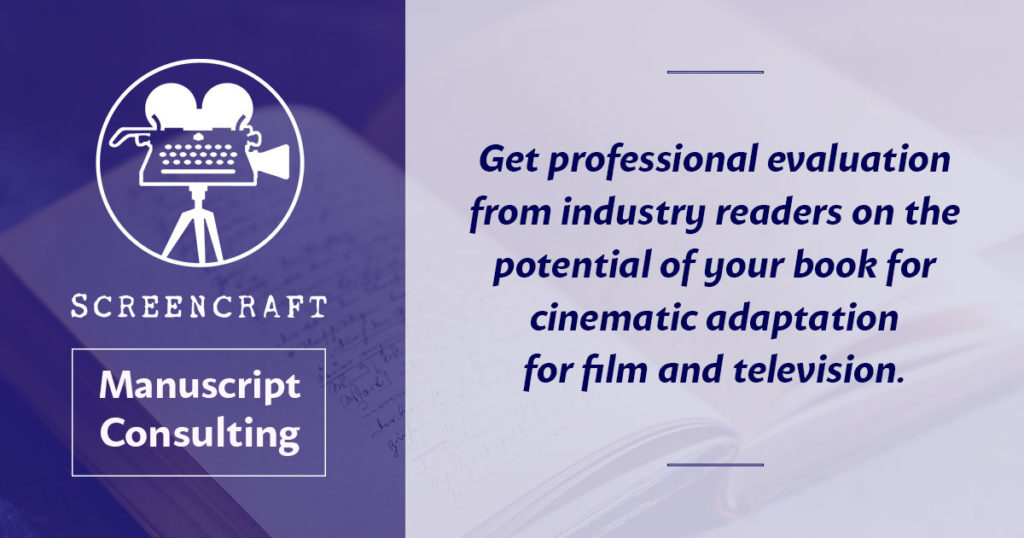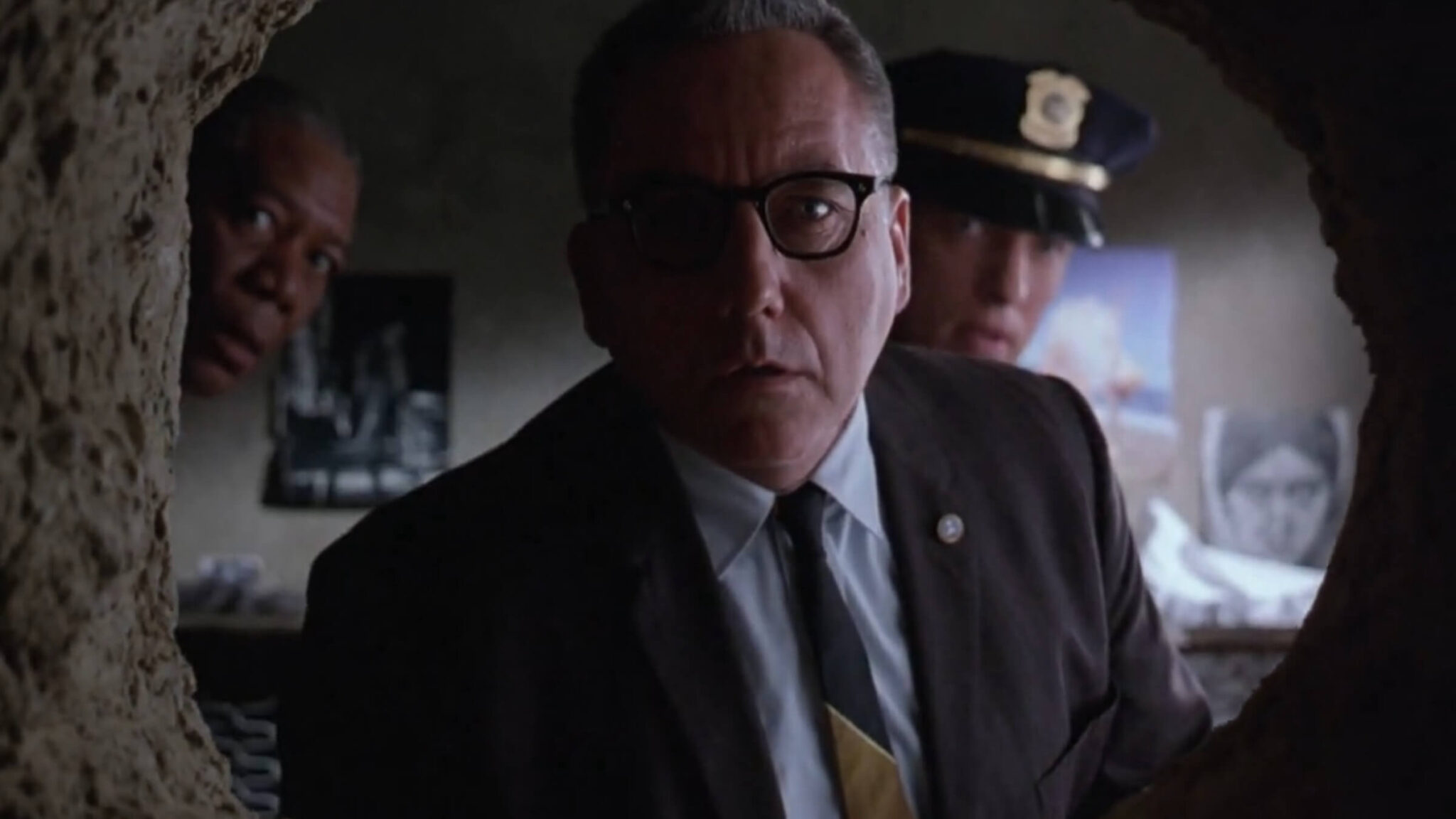6 Ways to Free Yourself from Excessive Editing

Writing in itself can become challenging. And to many of us, we tend to spend more time editing our words, than actually letting our imaginations flow as we type down every great idea that we can conjure. Those who edit as they write, also decrease their productivity levels.
It causes you to doubt the ideas you have in mind, which makes your confidence suffer. Self-editing can drive you crazy that even after getting book summary service, you still keep editing your work. It’s not easy to get out of it, but it is possible.
While this article is focused on manuscripts, the advice is for screenwriters and book writers alike.
Already have a manuscript (or short story or novella) that you think could make a great short film or movie? Get notes here.
Keep Out Distractions
To avoid editing as you write and get into the writing zone, you have to avoid distractions. A while ago I wouldn’t mind writing with the music on, but it would take longer to complete a few pages. I mean, it is easy to find yourself singing along.
Now, I perform better when I zone out from all types of distractions. If you have to listen to music, then it’s better to go with those that relate to what you are writing. It may help in drowning out any external stimuli.
Also, try working in a room that’s free from distraction. Go dark and turn off notifications.
Write the First Draft
When writing your first draft, don’t worry too much about writing well. Don’t put too much thought into how your choice of words sound or look. What matters most, at this point, are the ideas behind those words.
Stifle the critiquing inner voice. Put all the ideas that come to mind, on paper. Create a mental outline of what you are going to write. You can even set up a time; it will create a sense of urgency.
You won’t have to rethink the phrases you write or typos you make. Your primary focus will be finishing the number of words needed for writing a book summary in a set time.
Try Dictation
A good number of favorite and respected books were written through dictation. From Dan Brown to Joanna Penn; they are bestselling writers who are fans of dictation. It may not come naturally to many of us, though.
However, it may come in handy to those who type with difficulty due to health reasons. Dictation can help you avoid self-consciousness that occurs when you write. You can try out the Dragon software; it allows you to add words to its dictionary.
Also, PC’s and Macs, have built-in software for dictation.
Make Room for Mistakes
Before you start to write or even look for a website that summarizes books; allow yourself to make mistakes. Your first draft doesn’t have to be perfect. The first thing is to focus on transferring your thoughts to paper.
The time for “fixing” the material should come later. And yes, you will instantly notice the anomalies, erroneous or missing punctuation, wrong phrase, and choice of words, spelling mistakes, even when you aren’t planning to identify them.
The desire to rectify the errors is often intense. But, doing so, may lead to losing your train of thought and disrupting its flow.
Immerse Yourself
When you are writing for love, you need to try and translate that passion into your content. Write about things that intrigue you. If you aren’t immersed in the story or the writing, the readers can also tell.
The story doesn’t have to follow a chronological order. Ensure that it makes sense to the reader. That’s what is essential. Get to understand your characters, as if they were real people.
It makes it easy for you to write about them.
Start on a Blank Page
You are probably working on a massive project that you had to break down into chunks. Before you start working on the next piece, you tend to skim through the blocks of text that you wrote last. And start editing them.
When you finally get to work on the new section, you have already awakened the side of you that thinks critically. It causes you to question what you are going to write, and what you have written, raising issues on consistency. To avoid this, you should set aside different times to write and edit.
Going through the written work with fresh eyes will give you a new perspective on the words used, and story you are telling. Only deal with the flaws after you are done writing.
Hollie Carroll is a passionate blogger. Besides, she works as a content manager. She also specializes in a book summary service. Hollie’s hobbies are blogging, psychology and traveling. Her motto is "Great things never come from comfort zones".
For all the latest ScreenCraft news and updates, follow us on Twitter, Facebook, and Instagram.
Get Our Screenwriting Newsletter!
Get weekly writing inspiration delivered to your inbox - including industry news, popular articles, and more!



























